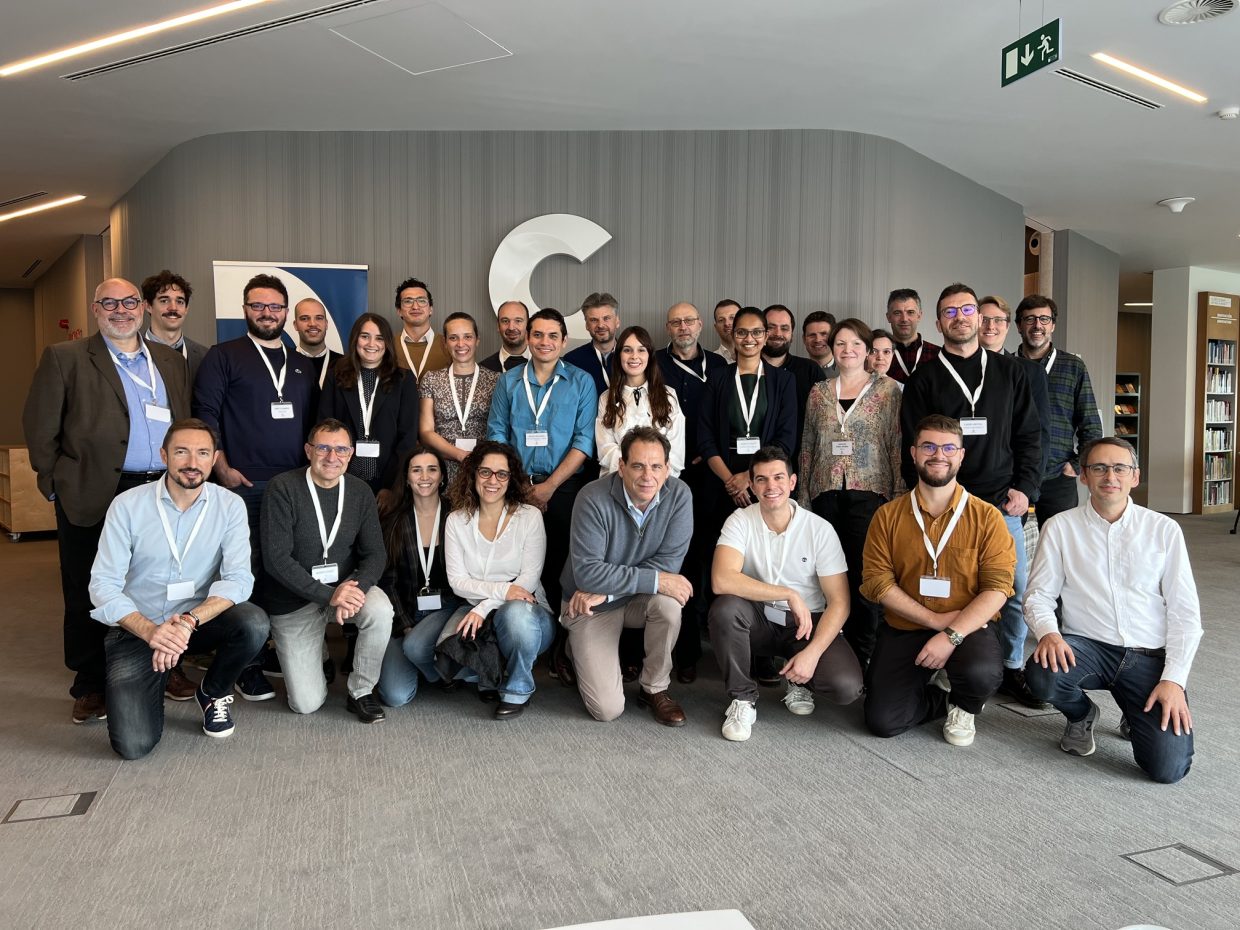SEMPRE-BIO
Demonstration of new cost-effective biomethane production solutions

-
Grant agreement ID: 101084297
-
Total project budget: 11.753.080,00€
-
Start Date: 01/11/2022
End Date: 30/04/2026
-
Project website: sempre-bio.com/
The European research project SEMPRE-BIO, led by Cetaqua, water technology center, will work to demonstrate new cost-effective biomethane production solutions. This initiative will seek to reduce the investment and operating costs of biomethane production plants and extend the biomethane production potential through new waste valorization routes. Likewise, SEMPRE-BIO will also propose alternative monetization sources, such as the valorization of biogenic CO2 or the commercialization of biochar.
The implementation of the solutions proposed in the project is expected to promote circular economy projects at the local level and reduce dependence on imports of natural gas and liquefied natural gas (LNG). On a large scale, SEMPRE-BIO aims to promote the use of biomethane as a substitute for fossil fuels used in transportation and the natural gas grid, with an estimated reduction in CO2 emissions of 213 million tons per year by 2050.
To achieve its objective, SEMPRE-BIO will create three innovation ecosystems in which, through co-creation processes, specific solutions will be proposed for each of the scenarios, representatives of the different situations existing in Europe regarding biomethane production. Five innovative technologies will be tested, which will contribute to diversifying the conversion technology base for biomethane production, and their replication in other plants will be encouraged.
On the other hand, a comprehensive technological and economic assessment will be carried out to show the benefits of these solutions compared to fossil gas and conventional biogas upgrading technologies, overcoming existing barriers to their mass adoption. Such assessment will mainly focus on aspects related to the improvement of biomethane production efficiency and cost reduction, but will also have a strong focus on the minimization of greenhouse gas emissions, aiming at increasing sustainability and fostering circular economy models.

